




Climate-driven injustice is a significant economic and social concern associated with the transition towards a Net-Zero future. Such a transition requires global and domestic environmental policies to be not only more environmentally sustainable but also socially just. Any major reduction in global emissions to reach a Net-Zero society is, in fact, entangled in diverse aspects, such as economics, politics, culture and geography, and is not achieved only by technological development. Especially if the Asian context is considered, there should be a transformation of society with a long-term and holistic perspective in order to avoid recurrent failures in the past economic and social development that could leave the currently disadvantaged further behind. Thus, the basic goal of just transition in Asia should not be limited to spurring technological development and policies that compensate workers in fossil fuel industries and fossil-fuel-dependent communities, but solutions that can make a Net-Zero society a better future for all. This session will discuss how Asia can make the transition to an environmentally-friendly and socially just Net-Zero society. Specific topics that this session covers are 1) China's approach to just transitions based on global experiences with coal phase-out (classic just transition perception); 2) Japan's food system transitions based on citizens participation (broadening the scope to include citizens); and 3) Korea's youth climate activism (an issue that includes but goes beyond intragenerational conflict). Finally, the session will help envision environmentally sustainable and socially just Net-Zero transitions in Asia.
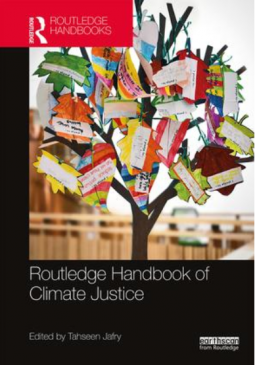
Chapter 29. Participatory climate governance in Southeast Asia: Lessons learned from gender-responsive climate mitigation
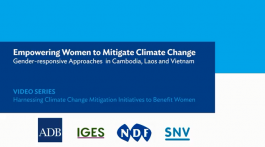
Empowering Women to Mitigate Climate Change: Gender-responsive Approaches (Video I)
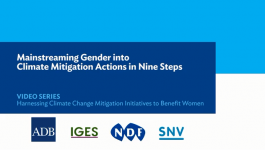
Mainstreaming Gender into Climate Mitigation Actions in Nine Steps (Video II)
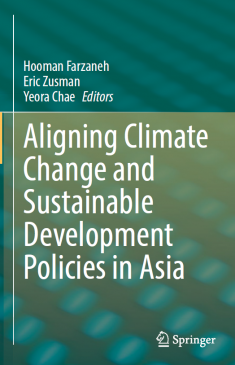
Chapter 9. Creating Social Co-benefits for Sustainable and Just Society
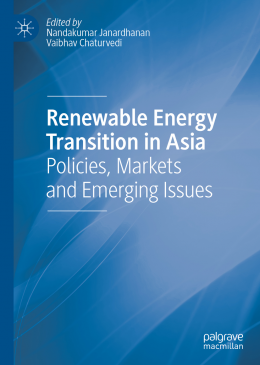
Renewable Energy Transition in Asia: Policies, Markets and Emerging Issues
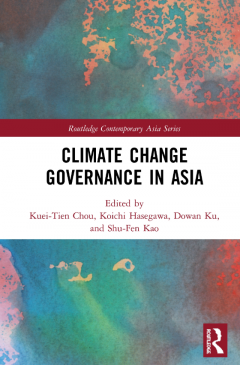
Chapter 10. Tracing Sustainability Transitions in Seoul Governance: Enabling and Scaling Grassroots Innovations
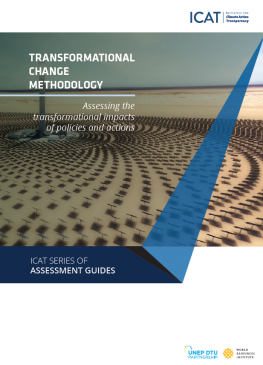
Transformational Change Methodology: Assessing the transformational impacts of policies and actions
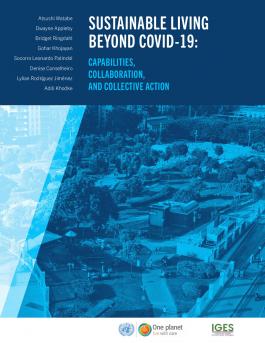
SUSTAINABLE LIVING BEYOND COVID-19: CAPABILITIES, COLLABORATION, AND COLLECTIVE ACTION
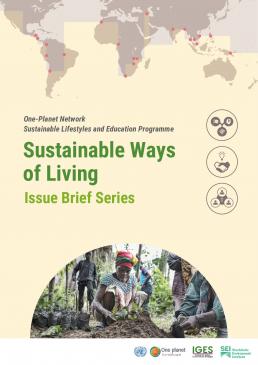
Sustainable Ways of Living Issue Brief Series
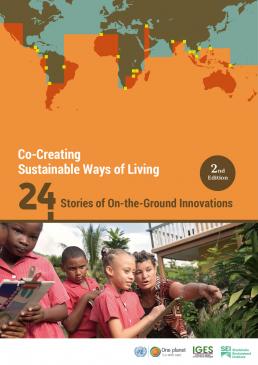
Co-Creating Sustainable Ways of Living 24 Stories of On-the-Ground Innovations

Climate Change and Human Security in the Context of the Global Pandemic: Emphasising Responses that Maximise Synergies